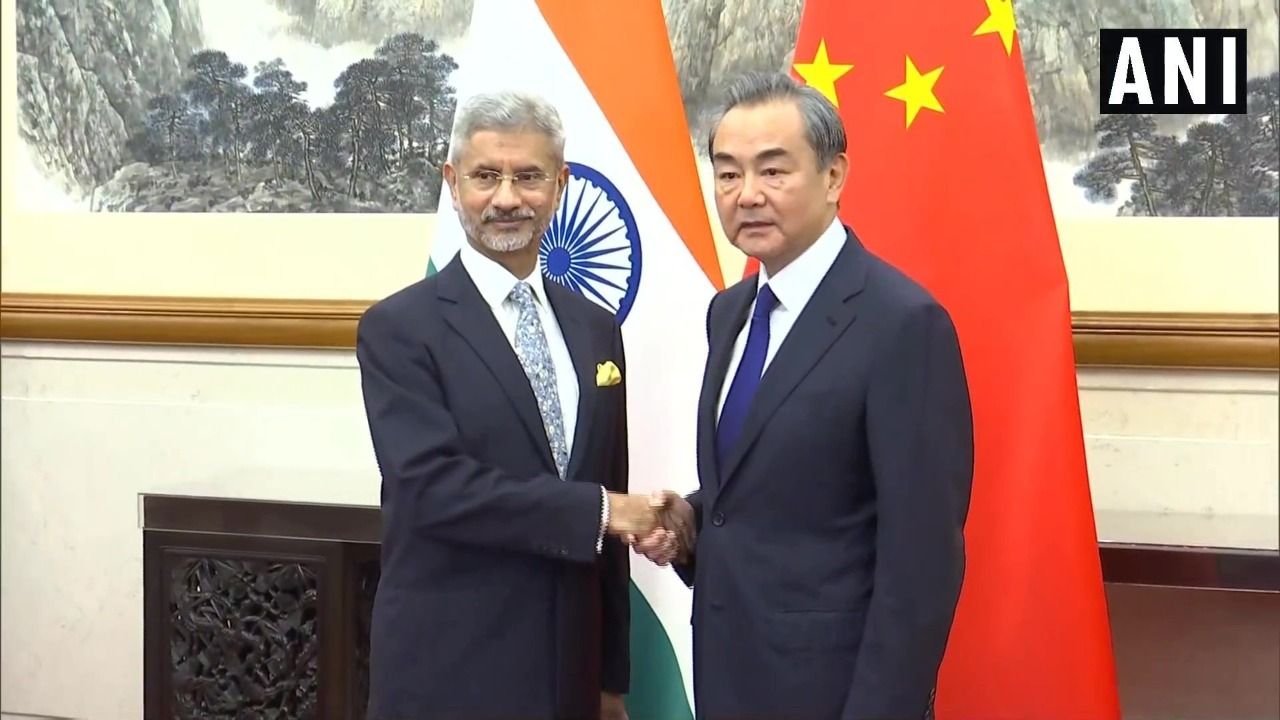India and China held a fresh round of diplomatic talks on Wednesday with a focus on implementing the five-point agreement reached between the two countries to resolve the nearly five-month-long border standoff in eastern Ladakh.
The Working Mechanism for Consultation and Coordination (WMCC) talks on border affairs were held virtually.
Focusing on de-escalating tensions, the two sides discussed ways to implement the five-point agreement reached between their foreign ministers in Moscow on September 10 to resolve outstanding issues on the ground and to ease the situation along the border.
External Affairs Minister S Jaishankar and his Chinese counterpart Wang Yi had held a bilateral meeting on the sidelines of a Shanghai Cooperation Organisation(SCO) meet in the backdrop of a deteriorating situation in eastern Ladakh triggered by a fresh confrontation between the armies of the two countries.
ALSO READ| India-China-Moscow parleys: Cold diplomacy assures hot winter
At the meeting, the two sides reached the five-point agreement that included measures like quick disengagement of troops, avoiding action that could escalate tensions, adherence to all agreements and protocols on border management and steps to restore peace along the Line of Actual Control (LAC).
The Wednesday talks took place amid a war of words between the two sides on the perception of the LAC, the de-facto Sino-India border spanning a length of nearly 3,500 km.
A Chinese foreign ministry spokesperson recently insisted that China abides by the LAC as proposed by then-Premier Zhou Enlai to Prime Minister Jawaharlal Nehru in a letter dated November 7, 1959.
In a sharp retaliation, India on Tuesday categorically rejected China’s “so-called unilaterally defined” LAC of 1959 and asked the neighbouring country to refrain from advancing an “untenable” interpretation of the de-facto border.
The Indian government also reminded China that its insistence there is only “one LAC” is contrary to the solemn commitments made by Beijing in previous bilateral agreements, and expected it will “sincerely” abide by them in their entirety.
On the basis of the understanding reached between Jaishankar and Wang, the two sides held a nearly 14-hour-long Corps commander-level talks on September 21, following which they announced a slew of decisions to de-escalate the situation.
The decisions included to stop sending more troops to the frontline, refrain from unilaterally changing the situation on the ground and avoid taking any actions that may further complicate matters.
It was for the first time that the two armies announced specific measures to ease tensions in eastern Ladakh where the face-off began in early May.







